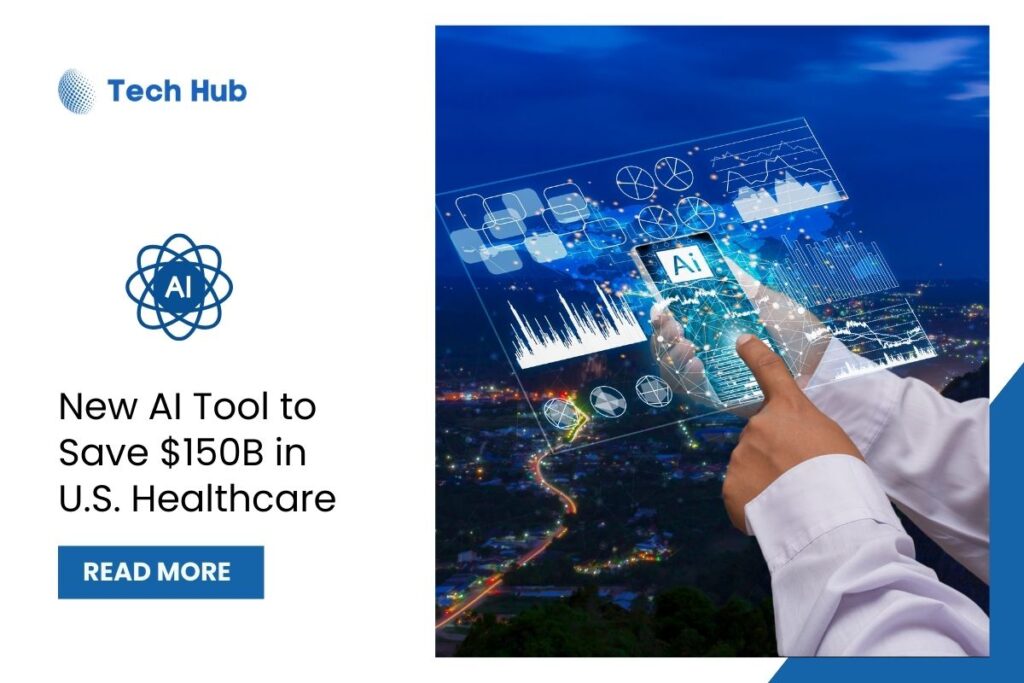
In a groundbreaking development, a new AI-powered tool has been introduced to address inefficiencies in the U.S. healthcare system. This innovation is expected to save up to $150 billion annually while improving patient outcomes and streamlining operations.
What’s Driving This Innovation?
The introduction of this tool is set to address critical pain points in healthcare, including:
- Administrative Overhead: Reducing time spent on manual processes like billing, documentation, and scheduling.
- Resource Allocation: Optimizing the use of staff, equipment, and other healthcare resources.
- Enhanced Decision-Making: Leveraging AI to support clinical decisions and improve diagnostic accuracy.
How Does It Work?
The AI tool integrates advanced machine learning algorithms with healthcare data to:
- Automate routine administrative tasks, allowing healthcare professionals to focus on patient care.
- Predict trends and provide actionable insights for better resource management.
- Enhance communication between patients, providers, and payers.
The Impact on Healthcare
The potential benefits of this tool include:
- Cost Savings: By reducing inefficiencies, the system is projected to save the U.S. healthcare sector up to $150 billion annually.
- Improved Care Delivery: Faster and more accurate processes lead to better patient experiences.
- Scalability: The technology is designed to adapt across diverse healthcare settings, from hospitals to small practices.
Industry Experts Weigh In
“This AI-powered solution is a game changer,” said [Expert’s Name, if available]. “It not only addresses the financial strain on the healthcare system but also elevates the quality of care patients receive.”
What’s Next for AI in Healthcare?
The success of this tool could pave the way for broader adoption of AI in healthcare, fostering innovations that benefit providers and patients alike. As the industry embraces these advancements, the focus will remain on balancing technology with human expertise.
Join the Conversation
What are your thoughts on the role of AI in transforming healthcare? Share your perspectives in the comments!
